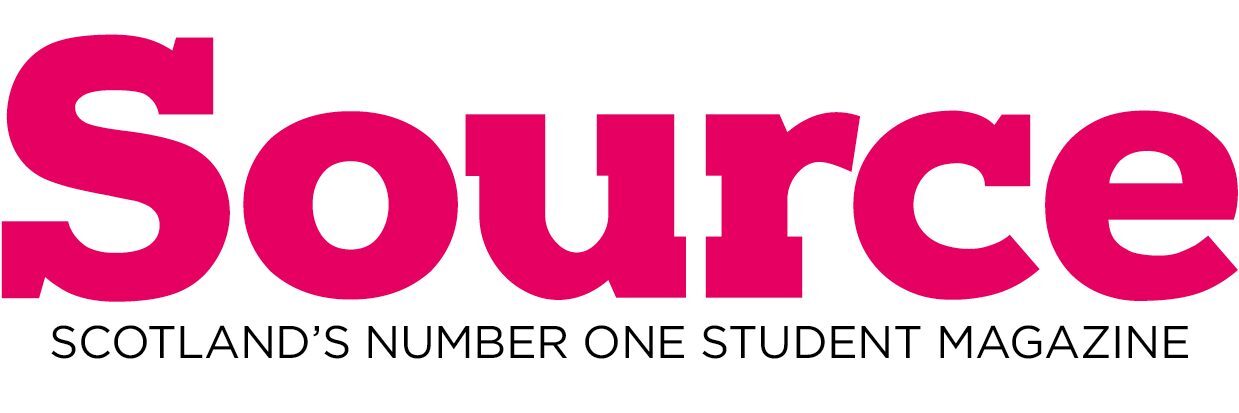This week (10 – 16 June) is Carers Week, where we celebrate all the hard work done by carers across the country, and push for more awareness about the challenges facing carers. The theme for this year’s week is encouraging more carers to get connected.
There are an estimated 759,000 adult carers in Scotland – that equates to 17 per cent of the adult population.
For young people under 16, four per cent are young carers, meaning 29,000 young people in Scotland have to take time out of school, extra curricular activities, social time and homework to complete caring duties.
WHAT IS A CARER?
A carer is someone who provides unpaid care to a family member, friend of loved one with a disability or mental health problem.
Not sure what a #carer is? Here’s a new definition ahead of #CarersWeek next week pic.twitter.com/9AxTnLkbee
— Carers Week (@carersweek) June 8, 2017
The nature of the caring role varies depending on individual needs, but typical tasks can include household chores, providing emotional support, doing the food shop, managing the household’s money and personal care, including helping to get up in the morning, or providing help getting dressed.
When young people provide this support, they are known as a young carer.
Being a young carer can have an impact in many different ways, including falling behind on school work, increased exhaustion, a harder time maintaining a social life and it can also affect mental health:
- 46 per cent of young carers get up throughout the night to care for family members, losing out on their own sleep
- One in ten young carers go to the shops unaccompanied to buy household essentials
- 75 per cent provide emotional support, as well as physical support, helping their family feel better when they are sad
- 39 per cent said they had told no one at school about their role as a young carer
- However, 26 per cent said they had experienced bullying at school due to their caring role
- One in 20 have missed school to care for their family member
Many people don't realise that by supporting someone with a mental health problem, they can be considered a carer.
This #CarersWeek, we're reminding ourselves that it's important to look after yourself too. > https://t.co/TC1n4UVqqx pic.twitter.com/X2qMzw0qFY
— Mind (@MindCharity) June 10, 2019
IMPACT
There’s no denying that life as a young carer can be challenging.
If you are a young carer, making your school aware of your caring responsibilities can be the best way of relieving some of the stress. This will allow you and your family to work with the school, meaning school can adapt to your needs, making life a little easier for you.
https://www.instagram.com/p/BxZos60gUpS/
If you’re not a carer, but have a friend or peer who is, it can be the little things that can make a huge difference – even a smile in the corridor can improve someone’s day.
GETTING CONNECTED
During Carers Week 2019 – alongside promoting improved awareness – charities are helping carers to get connected with their local community.
be this by joining a local voluntary group, connecting with carers in your local area or using the power of technology to speak with others in the same position as yourself – being connected with other carers, and promoting the responsibilities you have is important to ensure you don’t feel isolated.
So, this Carers Week, lets come together to support those around us who have caring responsibilities and make life a little easier for everyone.
How are you raising awareness this Carers Week? Let us know on Twitter and Instagram.


